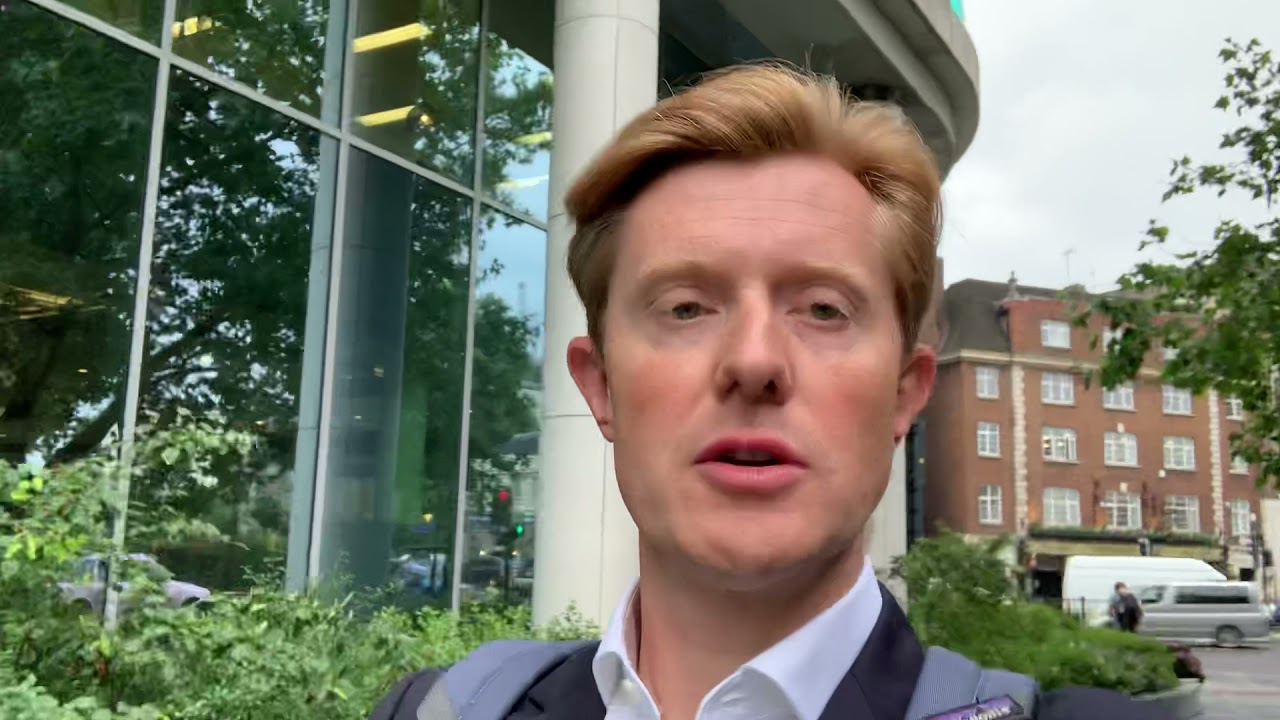Hi there. It’s Matthew Pryke Notary Public and solicitor based in London. So thanks for all your questions. One of the questions we’ve received is “What is a Power of Attorney and why does it need to be Notarised by a UK Notary Public?” So I think it would be fair to say the one of the most regular documents we’ll get in our Notary offices is a power of attorney and a power of attorney is a document you would sign to enable somebody to act on your behalf. So the attorney is given an authority or “power” to carry out certain tasks on your behalf. So why would you do that? Well, there’s a range of different reasons why you would do this, but often when you’re coming to see a London Notary Public, the real reason you would do that is because you want somebody within another country to carry out legal activities on your behalf.
Which might include: buying a house, dealing with legal disputes, registering a trade mark. There are various activities which somebody might be able to carry out on your behalf so you don’t have to ultimately travel to the country and deal with them yourselves. Now sometimes you won’t possibly be able to deal with them yourselves, so you’ll need to sign the Power of Attorney and get that notarised by a UK Notary Public so somebody can act on your behalf. So what do you need to think about when you’re getting a Power of Attorney notarised? There’s a few things really. The first one is you have to consider that as soon as you’ve signed the Power of Attorney, someone has the authority to act as you. So you have to be absolutely comfortable as to the extent of power is appropriate to enable the appointed person to carry out the activities you want them to on your behalf, but not do anything that you wouldn’t want them to do.
The other thing a good London Notary will advise clients to consider is whether there should be a time limit placed on the Power of Attorney. Now, it may be this relates to a property transaction and you know that that’s going to be dealt with or you hope it’s going to be dealt with within three to six months. So it might be appropriate to say, well, the power of attorney should only last for six months, or maybe a little bit longer to give yourself a bit of scope nine months or a year, but you certainly wouldn’t want that power to run indefinitely. The last thing to think about is once you’ve signed the Power of Attorney, you can’t just say, I don’t want to continue. So if you change your mind, you can’t just say, “stop the bus! I don’t want you to continue to act on my behalf”.
What you’d need to do is formerly revoke the Power of Attorney which involves going through the same process you go through when you originally execute the Power of Attorney. So don’t be put off by powers of attorney. They are usual documents, particularly for UK Notaries to deal with. They can offer them be in jewel languages or different languages. Obviously please make sure you get a translation so you’re entirely comfortable as to what is contained within the Power of Attorney. Then, if you’re happy with the power of attorney, find a London Notary who can deal with it, notarising it, and sometimes also legalising it if that’s required based on the country. The Public Notary should be able to assist you with explaining any questions you have about the Power of Attorney so you can move forward comfortably knowing that you’ve got the appropriate documentation in place.
So thanks again for your Notary questions. If you have any other questions about Powers of Attorney or anything else Notaries deal with, please do get in touch. We love all your questions and we’ll keep doing these little Free Notary Public video clips to hopefully demystify and give you even more straight forward and simple information about the matters and and activities which Notary Publics undertake.


0 Comments